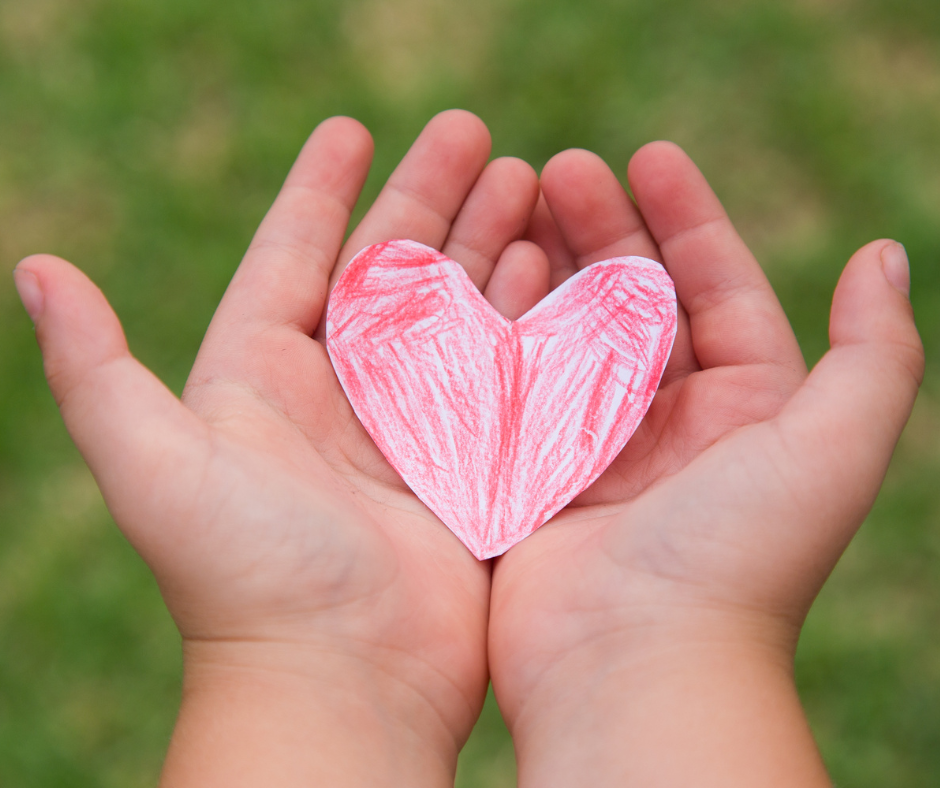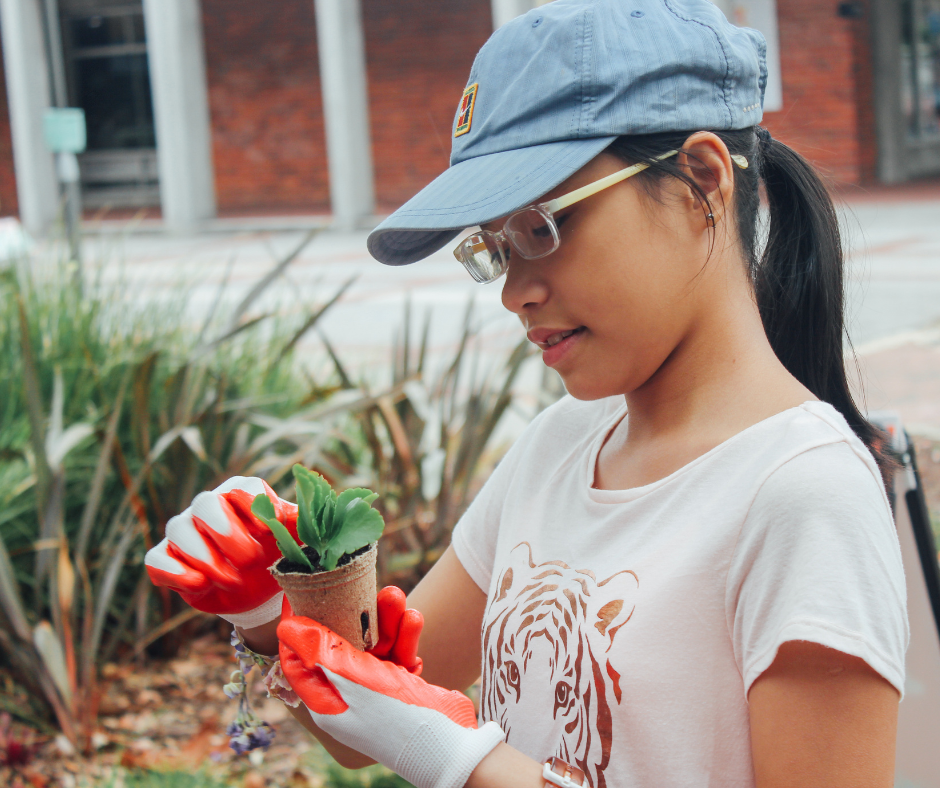I recently had the pleasure of attending my first Telethon Giving Ceremony. Having grown up in Perth, I have always felt a connection to Telethon, Fat Cat, Rick and Susannah, and the kids’ hospital (PMH back then). I knew that WA was special because of Telethon and every year I felt a rush of happiness and relief when I heard the total amount raised. It was reassuring to know that we are kind, generous and loving. The Telethon Giving Ceremony and recent events in my community have highlighted for me how caring, giving, and loving our broader community is. I suspect that many others are like me and may be somewhat unaware of the volume of love, kindness and generosity that goes on across this state to make life better for kids and their families.
The theme of the ceremony was kindness, and it was evident in abundance. The very large ballroom was filled with people who came support a very kind movement – the Premier, philanthropists, well-known Perth people, researchers, volunteers, kids’ organisations – but the group that I couldn’t stop thinking about were the siblings of kids that are getting long-term treatment. Beautiful, vulnerable, honest kids who were brave enough to lean in to the situation and offer a kind, loving hand. It’s difficult to describe what it was like to bear witness to the emotions, feelings, and sometimes cruel realities that these loving brothers and sisters were experiencing.
It reminded me that given the opportunity, children want to make the world better, want to help others and have the courage to do it when sometimes adults might not.
I think that we adults often distance ourselves from challenging situations to keep going and not feel too deeply. We quietly thank our lucky stars and turn our attentions elsewhere. Kids tend not to do this. They tend to look the problem in the eye, say out loud what they think and feel, and then want to see action.
Which brings me to the question of whether we are providing kids enough opportunity to take action. They are increasingly exposed to the problems of the world, but are our kids getting opportunity to connect with meaningful causes, to find ways to help, to achieve positive outcomes, and ultimately, to experience the joy of service to others? Not just privileged kids, but all kids. Research confirms that acts of kindness are linked to increased feelings of well-being. Helping others can also improve our support networks and encourage us to be more active. This, in turn, can improve self-esteem. These benefits are true for everyone regardless of circumstance. The more we help others, the better we feel.
We tend to accept this idea for adults, but don’t give it as much consideration in children. Our kids know a lot about what is going on in the world (rightly or wrongly) and for adults the temptation is to dismiss kids’ concerns. This may be because we’d rather avoid difficult conversations and facing our own feelings. By doing this, we contribute to feelings of learned helplessness and the overwhelming feeling of hopelessness of a situation. Taking action helps to build resilience in kids who will need it in spades as they get older. While our contributions might not solve the problems at hand, they demonstrate to kids that we hear them, we adults also care, and we can work together to try to make things better. By being part of positive action kids also learn the complexities of issues, learn the art of compromise, how to strategise, and how to conserve themselves for the long game (life). Surely these are some of the most important skills for a young person to learn?
I have seen some exciting examples of kid-led action in primary schools and high schools, in community groups and within families.
Kids lobbying for climate justice, raising money for charities, volunteering their time, coaching younger kids, creating education campaigns, planting trees, playing with kids who are having a hard time, raising their voice against racism – it happens in so many beautiful, different ways. But it requires the support of adults.
Kids deserve mentors and supporters. Ultimately, we adults need to be involved in positive change-making within our communities and to make space and invite kids to be a part of problem solving. Invite their insights, encourage big questions, and take action for the people who will be affected the most – our kids. If you are part of a community organisation that doesn’t invite the views of youth, I think this year would be a good year to make the change.


